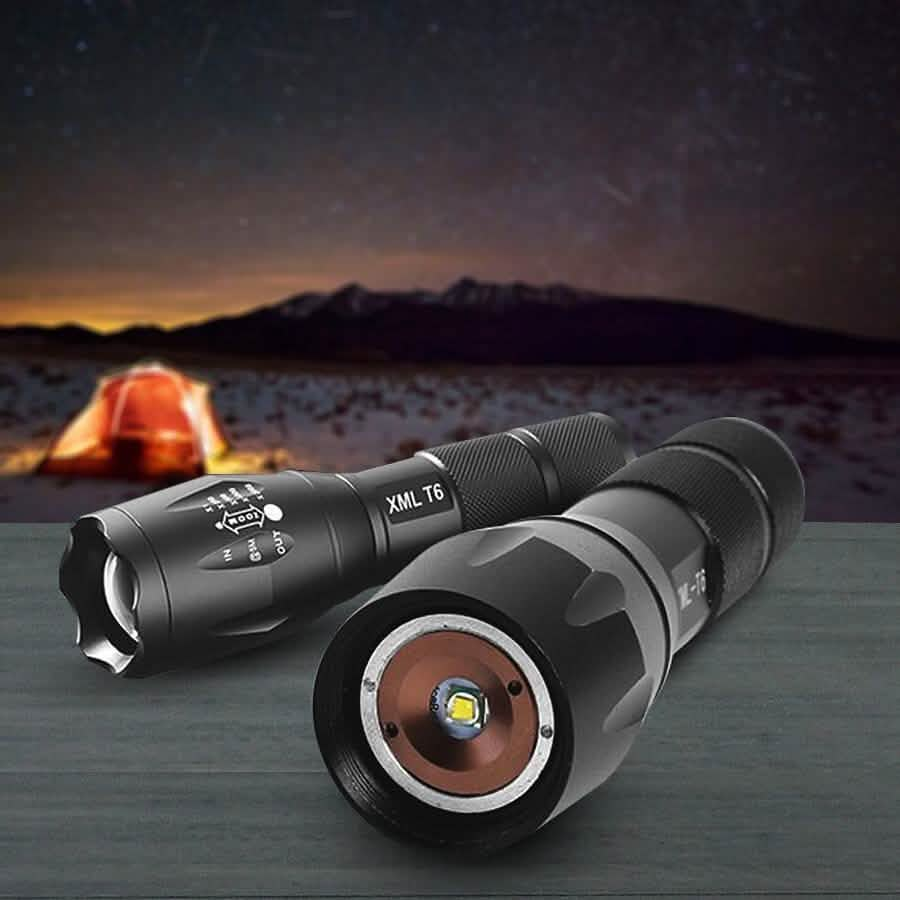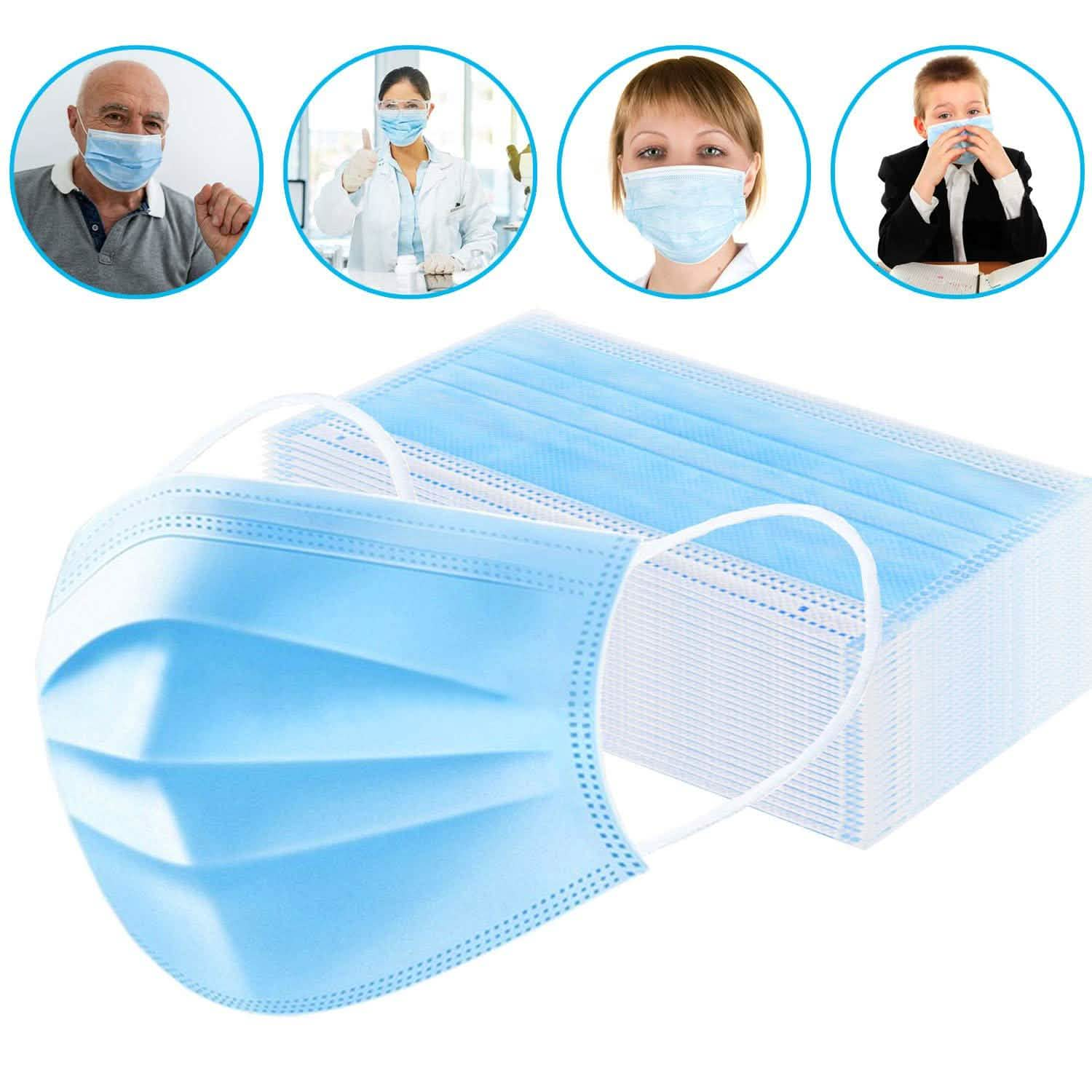Computer trouble is one of the most nerve-wracking mishaps, especially in this new era of digital lifestyles and remote work. When a laptop starts to fail, many people have no idea how to troubleshoot. Luckily, technology is built to tell us when something is wrong. As such, your device will give you a clear sign it’s time to get a new laptop.
Troubleshooting Performance Behavior
A very misleading sign it’s time to get a new laptop is how it behaves once booted up. Often people erroneously assume slow equals broken. As a piece of technology ages, it gets sluggish for several reasons. When you notice your laptop beginning to chug, check if your usage is the problem.
First, review the available hard drive space. For a computer to run smoothly, the available C drive can’t be full, or even close to it. If you need more space than your laptop has, invest in an external hard drive. Free up space by deleting programs that don’t get used often.
Clear out old files and always permanently delete unwanted ones by emptying the recycle bin. Once space has been cleared, run several deep search anti-virus and health checks to further free up processing power.
Noticing Unusual Physical Behavior
If your laptop still has trouble, look for physical signs. The fan, ram, hard drive, and motherboard are especially vulnerable points. All these parts can and will short out after years of use. Ram, besides becoming faulty, can also be jostled loose which causes what may seem like a critical error. To discern the severity of a problem, review the signals your computer is giving you.
Every device comes with built-in safety measures, especially laptop and desktop devices. Computers will give a clear warning when something is going wrong. First, listen for excessive noise while the PC is running. Noticeable grinding or whirring is a good sign the fan is working too hard or is failing. The next sign is heat. Allow the laptop to run for an hour or two after booting.
Gently move your hand over the back of the device and across the inner face with the keyboard. Computers generate heat and are cooled by the fan. If your PC feels warm all over or is very hot, there is a problem. Besides this, computers will issue error codes and sounds that will tell a user exactly what’s wrong.
Critical Failure In Laptops
When laptops finally do give up the ghost, it can be very alarming. Primarily the problem is that laptops are a closed system. Like phones, this is just the nature of this type of device and the price of mobility and convenience. Cheaper modular desktop parts are unfortunately not compatible with laptops.
When a laptop experiences critical failure due to a part burning up or shorting out, there are few options besides securing an affordable replacement via electronics deals online. Generally, laptops will only accept an exact part salvaged from another identical model. Removing and reinstalling parts this way is difficult, expensive, and sometimes doesn’t even work.




